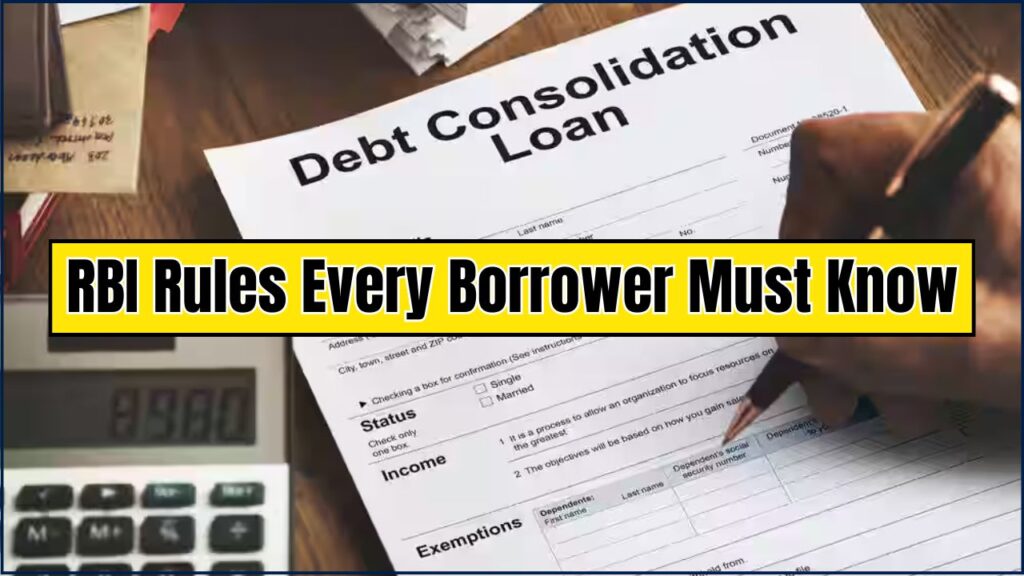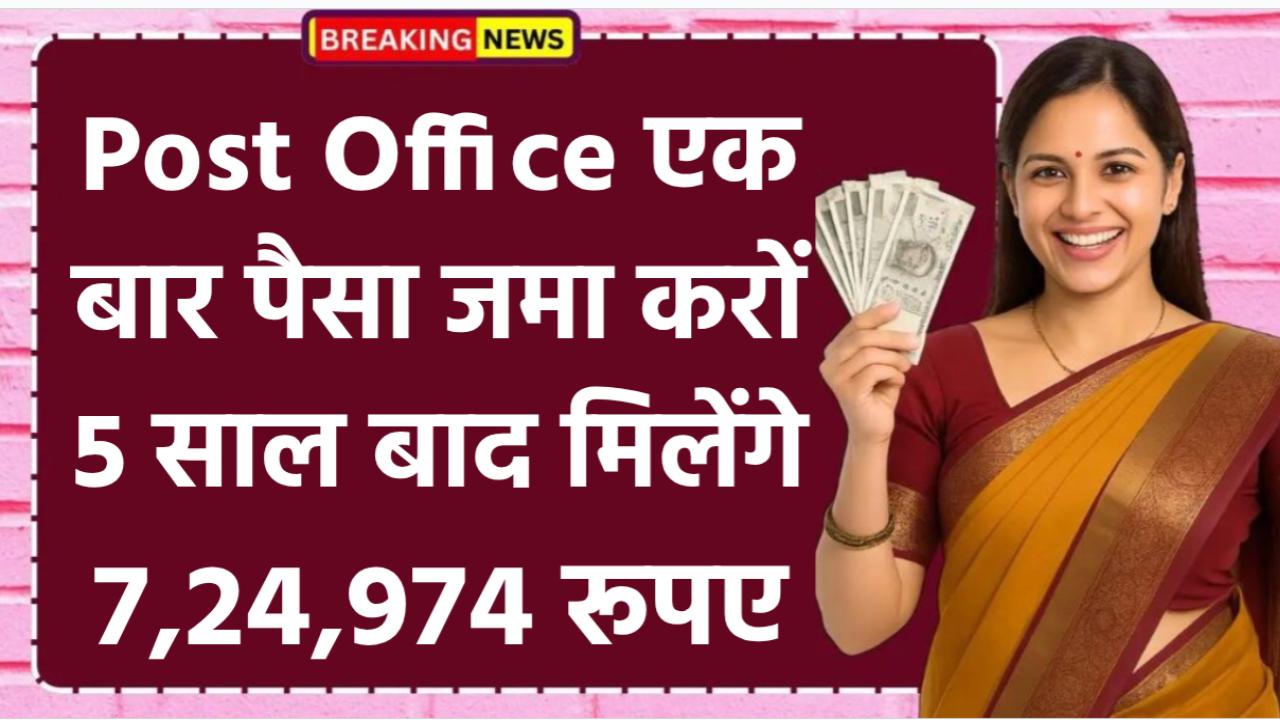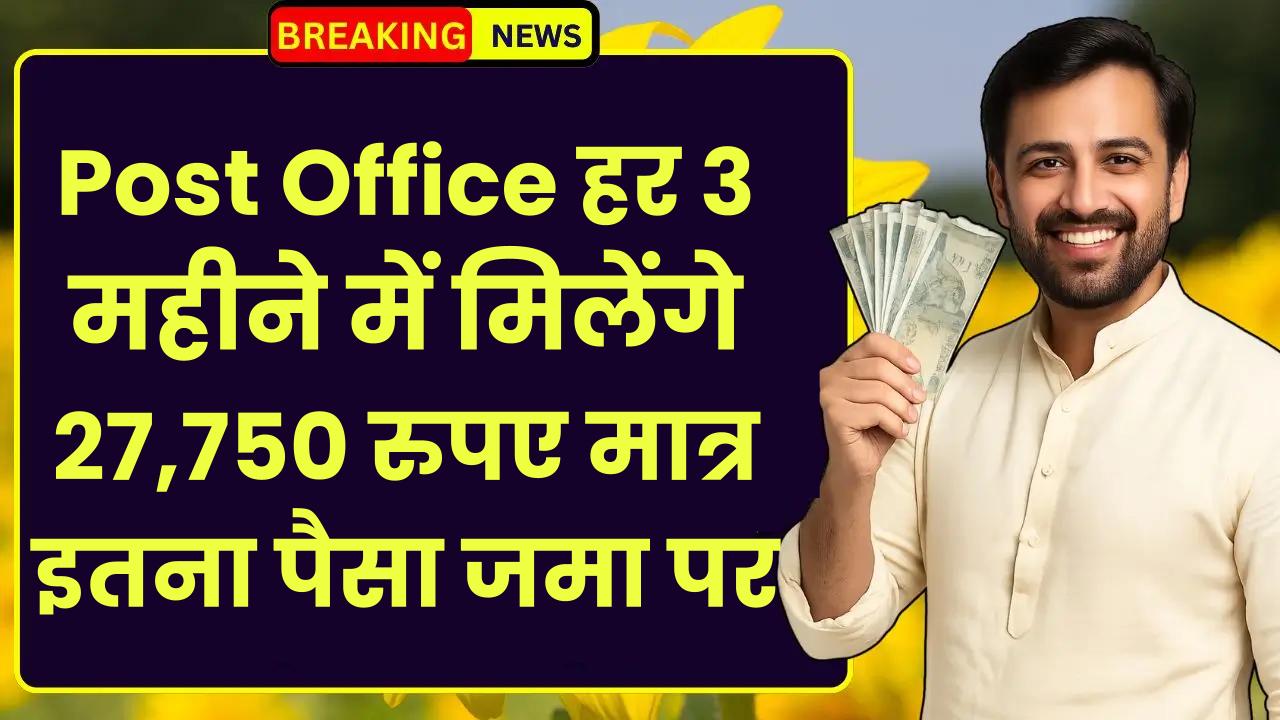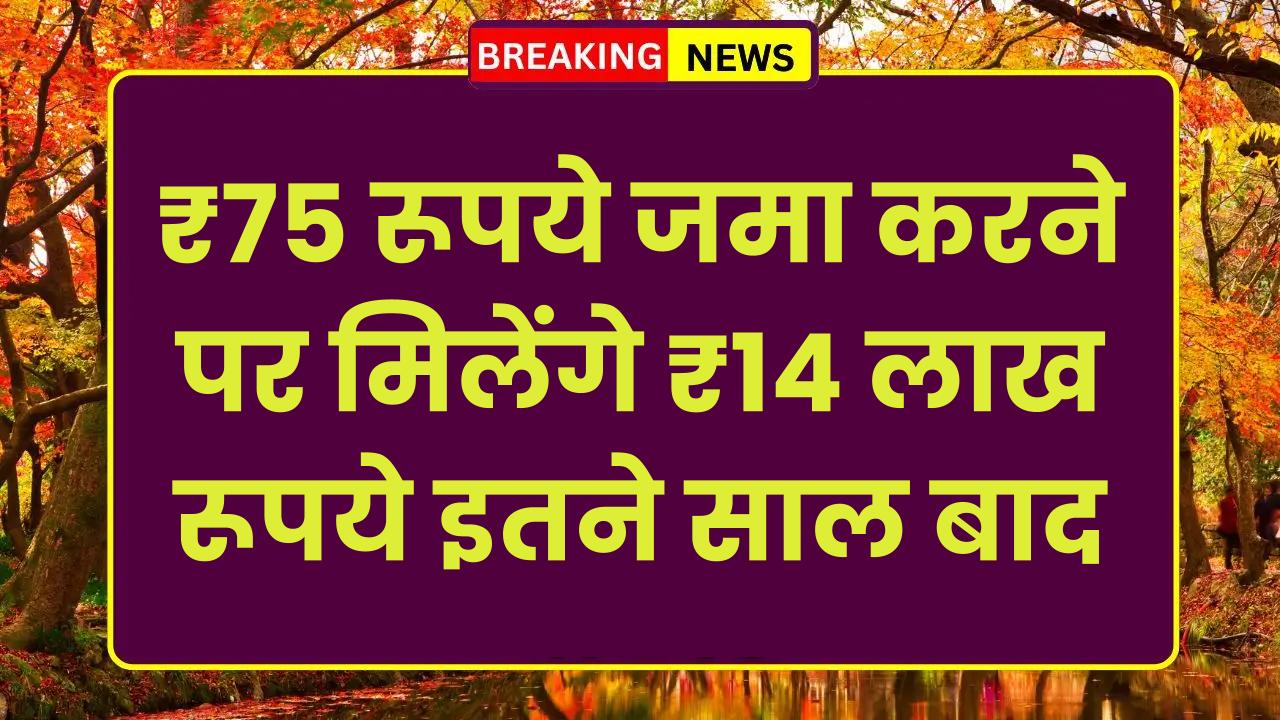
The Reserve Bank of India (RBI) has issued strict rules on how recovery agents may approach borrowers, following growing complaints of harassment and misconduct. These guidelines define when, where, and how agents may contact debtors, while setting penalties for lenders who fail to ensure compliance.
The RBI states that recovery agents can only operate within clear boundaries, intended to safeguard borrowers’ dignity and prevent abusive practices. These measures apply to banks, non-banking financial companies (NBFCs), and microfinance institutions.
When Agents May Approach Borrowers
Contact Hours and Locations
Recovery agents are permitted to contact borrowers only between 7 a.m. and 7 p.m. According to RBI’s 2022 circular on fair practices, any interaction outside this window is a violation. Borrowers also have the right to request a preferred contact location, and agents must respect that choice.
Required Identification
Agents must carry an official identity card and a written authorization letter from the lender. This documentation should clearly state the borrower’s name, loan details, and the agent’s role. Experts say this requirement aims to prevent fraud and impersonation during recovery efforts.
Prohibited Conduct by Recovery Agents
No Harassment or Threats
RBI rules explicitly forbid the use of abusive language, intimidation, or physical force. Recovery agents cannot humiliate borrowers publicly or involve neighbours, colleagues, or unrelated third parties in the recovery process.
Protection of Privacy
Borrowers’ personal information must remain confidential. Visits to workplaces are permitted only if necessary and must not cause embarrassment or reputational harm, according to the central bank’s guidelines.
Official Payment Channels Only
Payments must be made directly to the lender through official banking channels. Borrowers should not be asked to hand over cash or transfer funds to personal accounts or third-party platforms.
Lender Accountability and Oversight
Due Diligence on Agents
Banks and NBFCs are responsible for verifying the background of their agents, including police checks, before assigning them recovery duties. Lenders must also notify borrowers when a case is being transferred to a recovery agent.
Training and Ethical Standards
RBI requires lenders to ensure that agents are trained to handle borrowers respectfully and understand the legal boundaries of their role. Institutions such as the Indian Institute of Banking and Finance (IIBF) have developed certification programmes to professionalise recovery work.
Penalties for Non-Compliance
If lenders repeatedly fail to enforce RBI’s rules, the central bank can restrict their use of recovery agents in specific jurisdictions. In serious cases, the RBI has authority to ban institutions from engaging third-party recovery agents altogether.
Legal Pathways for Recovery
SARFAESI Act Procedures
For secured loans, lenders may recover dues under the Securitisation and Reconstruction of Financial Assets and Enforcement of Security Interest (SARFAESI) Act, 2002. This requires written notice to the borrower and, if necessary, the sale of pledged assets through auction. Legal procedures must be followed before repossession can occur.
Alternate Dispute Resolution
The RBI encourages lenders to use Lok Adalats for personal loans and housing loans under ₹10 lakh. These forums provide faster and less adversarial dispute resolution. Borrowers may also access counselling or settlement options to avoid escalation.
What Borrowers Should Do if Approached
- Verify credentials of the recovery agent, including ID and authorization letter.
- Document interactions, noting date, time, and conduct.
- Refuse contact outside permitted hours or at unapproved locations.
- File complaints with the lender’s grievance officer if rules are violated.
- Escalate disputes to the Banking Ombudsman or RBI’s Complaint Management System if issues remain unresolved.
- Seek police intervention in cases of harassment, threats, or physical intimidation.
Expert Views on Borrower Protection
Financial law experts say RBI’s guidelines are designed to balance the rights of lenders with protections for vulnerable borrowers. Dr. Renu Kulkarni, a banking policy analyst at the National Institute of Public Finance and Policy, explained that the rules are “not meant to shield defaulters from repayment, but to ensure that recovery is conducted within a framework of legality and human dignity.”
Consumer advocates, however, argue that enforcement remains uneven. According to the All India Bank Employees’ Association, many borrowers are unaware of their rights and hesitate to file complaints due to fear of retaliation.
Will Gold Prices Fall? Why RBI Is Hesitant At ₹1.07 Lakh And What Experts Say
Conclusion
The RBI’s framework on recovery agents aims to protect borrowers from coercion while maintaining lenders’ ability to recover dues lawfully. For borrowers, awareness of these rights is critical. Knowing how to respond to recovery agents, and when to escalate complaints, ensures both repayment obligations and personal dignity are preserved.















